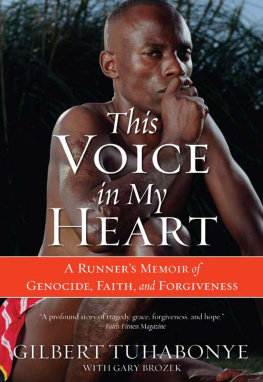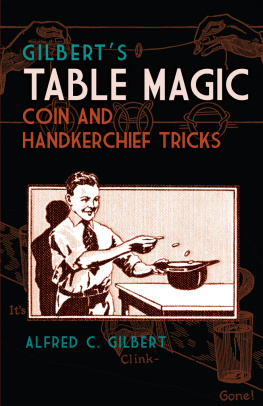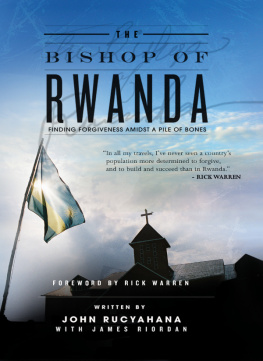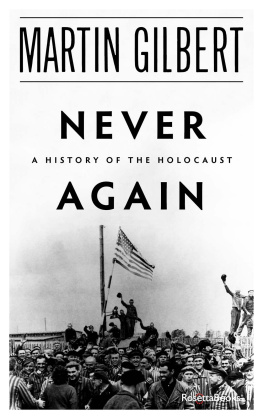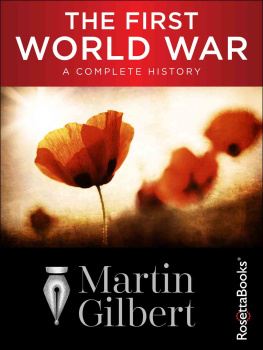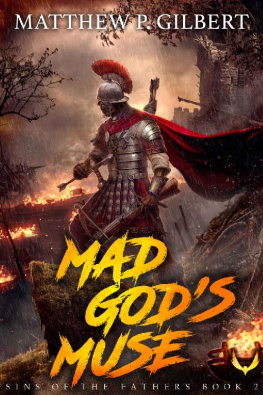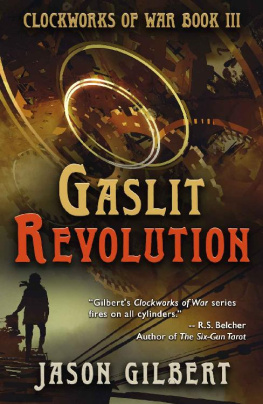It is easy to light a fire and difficult to extinguish it.
If I just concentrated on my breathing, I could make the pain disappear. Sweat ran down my face and stung my eyes. The relentless heat and scorching wind parched my throat, and my tongue rasped across cracked, dry lips. The sound of my rapidly beating heart drummed in my ears, reducing my footsteps on the cinders to white noise. I just had to endure this pain for a while longer and I would be free. If I could just float above it, let my disembodied legs do what God had blessed them to do, I would survive this pain, break through to the other side, find the ecstasy of release that kept me pushing long past the point when my mind said surrender.
I love running with an abiding passion, but I wanted this workout to be over. I had many more things on my mind than the four-hundred-and eight-hundred-meter intervals we were running. I had studied a lot during my lunch hour, had prepared myself the best I could for the chemistry and biology examinations I faced the next day. Though I was a good student, I have never liked tests. For that reason, on the afternoon of October 20, 1993, I did not have a good workout.
The chemistry exam weighed most heavily on my mind. Molality. Gram molecular weight. Solute. 6.0527 23 . ATP. These concepts paraded through my head as I ran. More so, the image of my chemistry teacher, Mr. Firmat Niyonkenguruka, kept piercing my consciousness. Over the summer, he had been appointed headmaster, and for a while Id considered transferring to a different school. Id loved and respected the man he replaced, Mr. Manase Ntibazonkiza, and had considered him a father. I wanted to finish my secondary education with him.
When I spoke to Mr. Ntibazonkiza in August, after hearing the announcement on state radio that hed been appointed headmaster at a troubled school in Mwaro, hed tried to calm my fears. He knew I was upset about his leaving, and he knew why, of all possible teachers to be appointed headmaster, Mr. Niyonkenguruka was my last choice. I had always excelled in chemistry and the sciences, but I had failed Mr. Niyonkengurukas chemistry class the previous year. I had wanted to dispute my earlier scores because I felt Mr. Niyonkenguruka had graded me unfairly. Fortunately, during repchage, the two-week period of remediation during the summer, I had managed to bring up my grade sufficiently to pass the class. Though I was popular with my peers and the other teachers at Lyce Kibimba, Mr. Niyonkenguruka did not like me. I understand this is the universal lament of students who fail a particular teachers class, but I truly felt he bore some grudge against me.
The lone Hutu among the faculty, Mr. Niyonkenguruka was not popular, and he seldom participated in any of the schools activities. We students talked more about his clothes than about his pedagogical techniqueshe never wore a suit and tie as our other teachers did, and he came to school clad in the same pair of pants each day. Sometimes I wondered if he was jealous of the attention I received as a champion runner and a student representative on the schools board, if perhaps he felt I didnt deserve the many perks I enjoyed as a result of my status among faculty and peers. In fact, one of his first acts when I returned to campus in August of that year was to strip me of the privilege of being a library monitor. For the past two years I had possessed the key to the library and was responsible for locking it up at night. This had afforded me unlimited access to the one truly quiet study area on the campus. I missed being able to spend hours alone, long after I had checked in on the lower-school boys dormitory and turned out the lights. I would study and dream of the scholarship offers Id received to go to the United States to run. Tulane University, Boise Statethese names rolled off my tongue like exotic ports of call.
Maybe Mr. Niyonkengurukas decision to strip me of this privilege was part of a plot to prevent me from realizing my dream. Unless I passed his class, I would have to repeat year thirteen of my schooling. I wouldnt be able to take the national exam that would earn me a coveted spot at the university. What frightened me most was that this one man held my future in his hands.
Trying not to think about that possibility was difficult, but I had two more four-hundred-meter repeats to complete. I had no way of knowing it then, but just hours after that workout, a far more insidious plot was about to be set into motion, and the evil Mr. Niyonkenguruka of the chemistry classroom would seem positively benign compared with what he would become the very next day.
During dinner in the dormitory, I laughed and joked with classmates, but a part of me was far away, reciting definitions. As much as I would have liked to fully surrender to the merriment, I could think only of life at a school in the United States. Pass the national exam, and I would have an opportunity no one in my family had ever had before. Fail, and I would face another year in secondary school, while my friends and rivals advanced. My mother and father had sacrificed much to send me 150 miles from my home village of Fuku to this Protestant boarding school in Kibimba.
Just so you know Im not perfect, that night, like any other student anywhere, I wished that God would intervene on my behalf, so that somehow, some way, the tests would be postponed. That evening, as I supervised and assisted the other students in cleaning up the cafeteria after dinner, I said a silent prayer, asking God to help me. I had no way of knowing that God would answer my prayer but that He had a far sterner test in store for me and my classmates.
Later that evening, I went to the seventh-graders dorm room and made sure all the boys were in bed. Id been supervising them since the start of the school year. Some of the more brazen boys were laughing and joking, but for the most part they were as silent as the cows I used to herd, and nearly as smart and odorous. I walked into the older boys dormitory where I slept and was comforted by the familiar sights and sounds. We slept together in one large room, barracks-style, with bunk beds and standing lockers for our possessions. I had been living there for more than seven years, and I never questioned the routine. Just as, prior to that school year, I had never questioned the fact that I, a member of the Tutsi ethnic minority, slept with a Hutu on either side of me. In the past, they had just been my classmates and nothing more.
The summers presidential election had called into question everything I had once believed about my country and the relationship between the majority Hutus and my group, the Tutsis. For the first time since 1960, when the first free elections were held in Burundi, a Hutu was in power. I wasnt troubled by the election results as much as I was by the tenor of the electioneering and the violence that preceded it. You could not travel anywhere without seeing the green-and-white banners of FRODEBU. The Front for Democracy in Burundi was a powerful Hutu party, and my friends Desire, Viatole, Denny, and MarcelHutus allhad told me that we Tutsis were going to see what life would be like now that we were no longer in power. I had always been an optimist and enjoyed good relationships with Hutus, so I dismissed their comments as the idle bragging of the victor. I also didnt put much stock in politics, though when I returned to school in August following the June elections, politics had been on everyones minds and lips.

